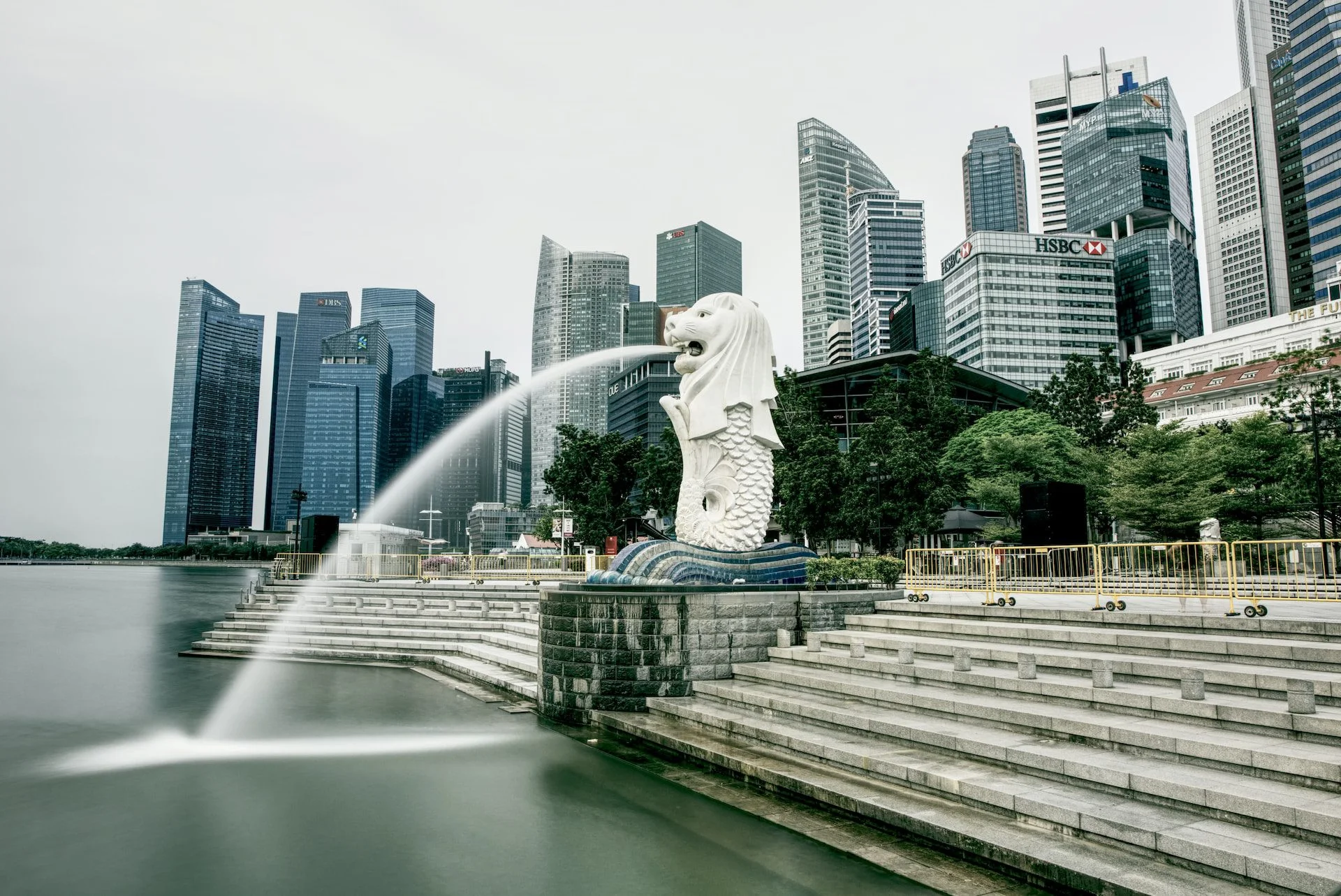The Singapore tax system boasts a comprehensive and business-friendly tax regime that has made it a global leader in attracting investments. With its attractive corporate tax rates and business-positive laws, Singapore has become a preferred destination for both businesses and individuals.
If you are someone who’s interested in taking advantage of the country’s attractive tax system, this article can help you get used to how it works and how you can leverage it to your advantage. By gaining a deeper understanding of the country’s tax system you’ll be equipped to navigate the intricacies of the Singapore tax landscape and take your next step in growing your business.
What is the Singapore Tax System?
The Singapore tax system is governed by the Inland Revenue Authority of Singapore (IRAS). Established in 1960, it is responsible for all tax collections and plays a key role as a tax administrator for the Ministry of Finance, where it makes recommendations on policies to ensure they are business-friendly, to attract more investors and businesses.
Types of Taxes in Singapore
- Income: Charged based on the income of individuals and companies that will be discussed further below.
- Property: The property owner must pay based on the expected rental value of the property.
- Motor vehicle: The owner must pay taxes aside from the import tax, such as the road tax renewal, to curb ownership and road congestion.
- Customs and excise duties: As a free port, Singapore has relatively relaxed excise and import duties. Only a few items are subjected to these duties, such as motor vehicles, tobacco, liquor, and petroleum products.
- Goods and services (GST): A fee imposed based on consumption of goods (e.g., buying a designer handbag) or services (e.g., visiting a hospital doctor)
- Betting taxes: Duties that are for a private lottery, betting, and sweepstakes.
- Stamp duty: A charge imposed on commercial and legal documents relating to stock or shares and immovable property.
Corporate Income tax in Singapore
Singapore’s corporate tax has consistently decreased over time; from 26% in 1997 to 17% since 2010. Singapore Tax System adopts a single-tier income tax system, meaning that the corporate tax paid by the company is the final one; there are no dividend or capital gain taxes for shareholders to pay.
Startups, defined as entities with their first three tax filings, will experience tax incentives, where the first S$100,000 income will be reduced by 75% from the normal rate. And the next S$100,000 income will be reduced by 50%, and the next tier of income will be charged using the usual rate. The due date for corporate tax filing for Singapore companies is November 30 of every year.
Personal Income Tax
The Singapore Tax System income tax rate is progressive; the more you earn, the more you will pay. The rate starts at 0 (for the first S$20,000) and increases incrementally afterward until it reaches 22% for those who earn more than S$320,00. The full table can be seen below:
| Chargeable Income | Rate (%) | Gross Tax Payable ($) |
| On the first 20,000On the next 10,000 | 02 | 0200 |
| On the first 30,000On the next 10,000 | – 3.50 | 200350 |
| On the first 40,000 On the next 40,000 | –7 | 5502,800 |
| On the first 80,000 On the next 40,000 | –11.5 | 3,3504,600 |
| On the first 120,000 On the next 40,000 | –15 | 7,9506,000 |
| On the first 160,000 On the next 40,000 | –18 | 13,9507,200 |
| On the first 200,000 On the next 40,000 | –19 | 21,1507,600 |
| On the first 240,000 On the next 40,000 | –19.5 | 28,7507,800 |
| On the first 280,000 On the next 40,000 | –20 | 36,5508,000 |
| On the first 320,000 In excess of 320,000 | –22 | 44,550 |
Remember that personal income tax does not apply to inheritance or capital gains from stocks or Singaporeans who work overseas. The due date for individual tax filing is on 15 April each year. Taxes are an essential part of society. The revenue collected is used to help fund public works and services, to maintain and improve a country’s infrastructure and services. Ultimately, taxes are utilised for the betterment of the economy and those who are living in it.
Want to get tax and accounting advice from an expert in Singapore or globally? Look no further; start it with Lanturn.


